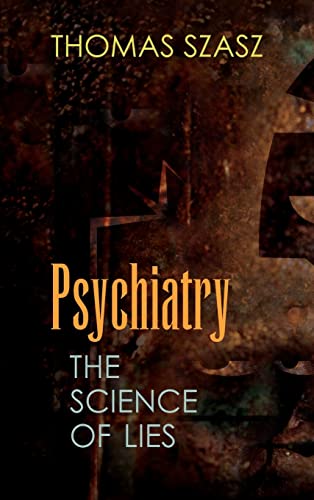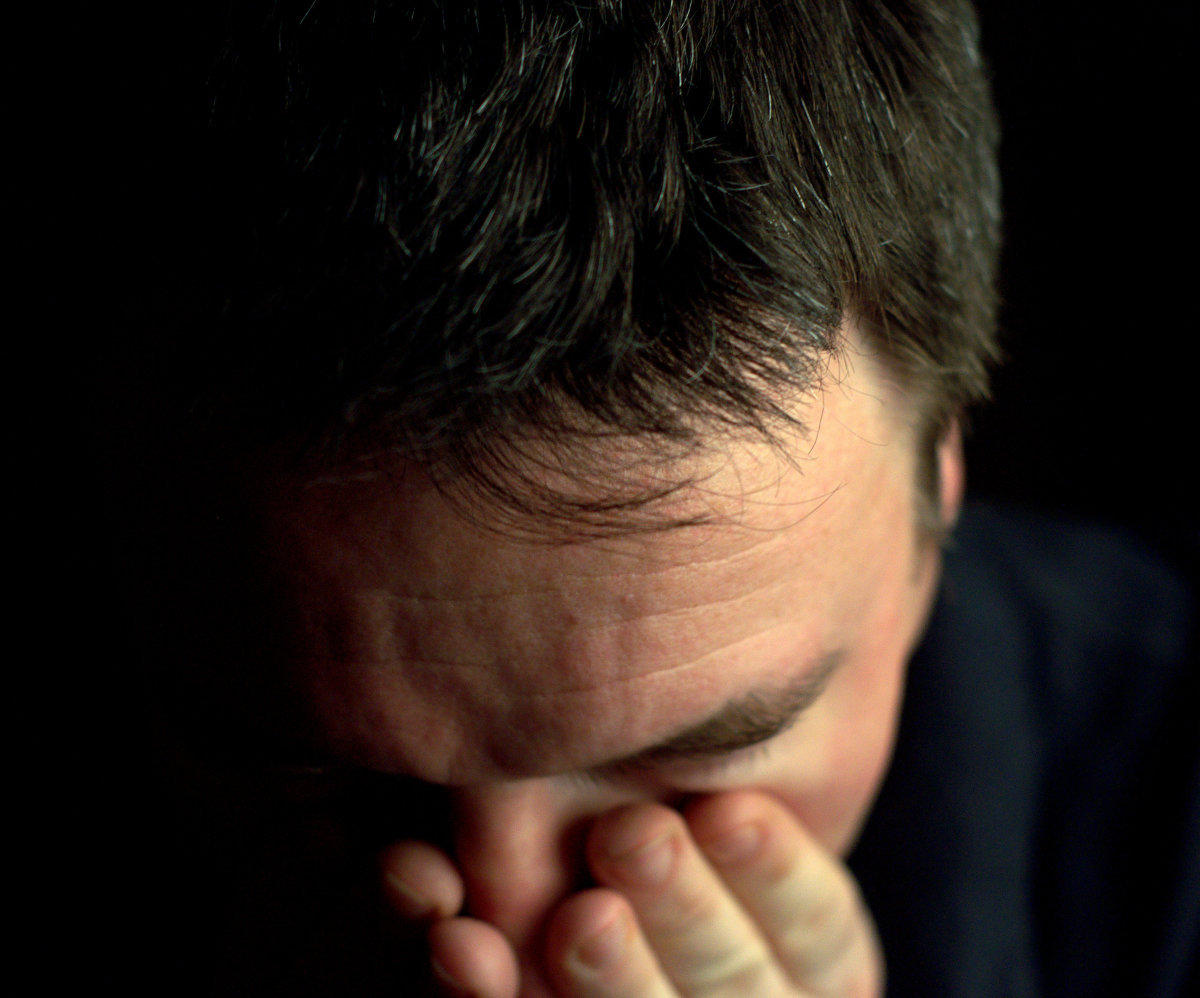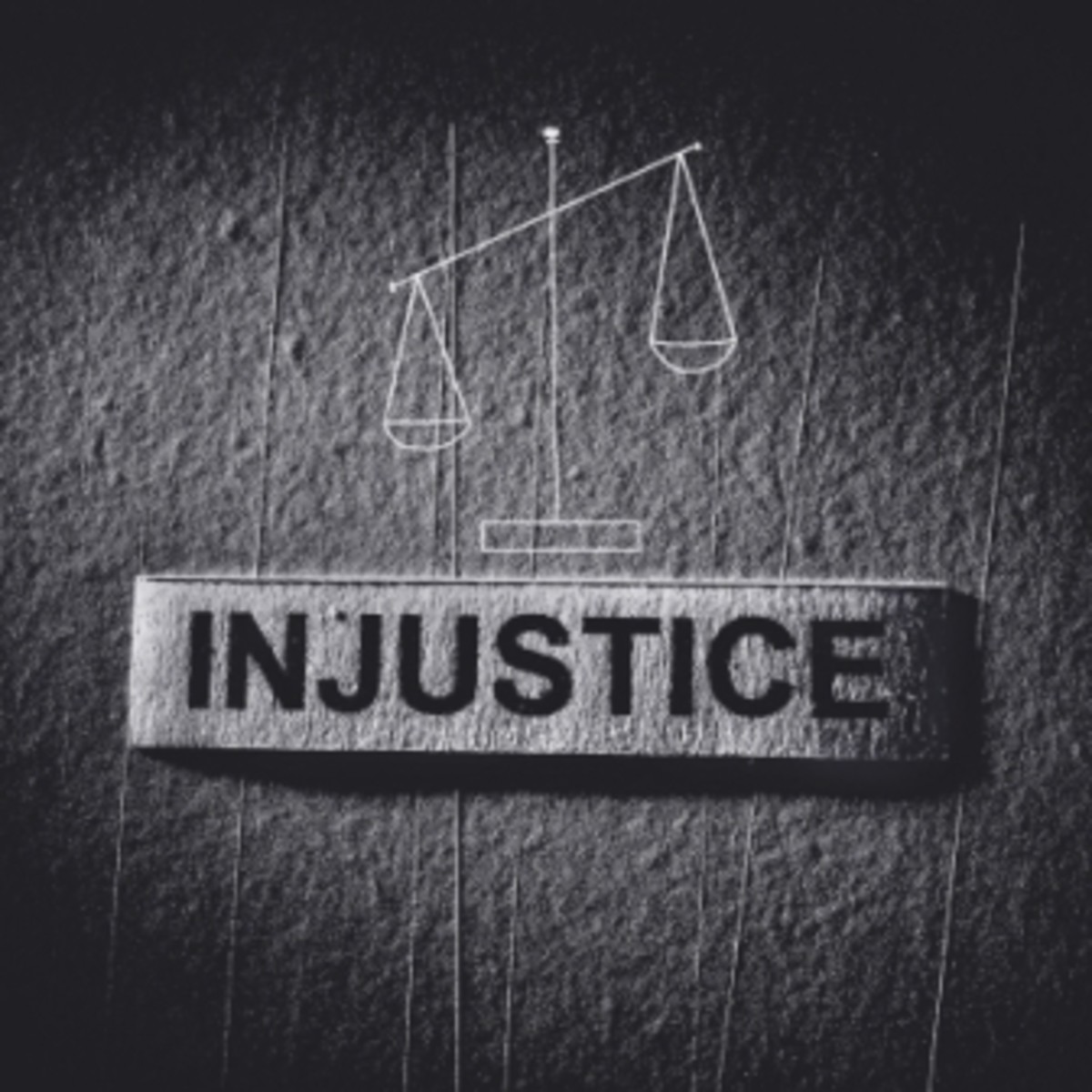Anti Psychiatry Voices

Anti psychiatry opinions have been expressed for many years, but an increasing number of professionals are coming forward to voice their concerns about what is often perceived to be a “pseudoscience”. Put rather simply, a pseudoscience is a practice or belief that claims to be based on scientific evidence or proof, but does not adhere to acceptable scientific standards. The professionals I speak of surprisingly include some psychiatrists which should be a cause for concern.
Past mental health service users, sometimes known as “survivors”, are also speaking out in their efforts to add weight to the anti psychiatric movement but we don’t hear much about their opinions either. These people feel that psychiatry has failed them in some way or even proved to be damaging, and yet we know little of these people.
Recovery Model In Psychiatry Brings Hope
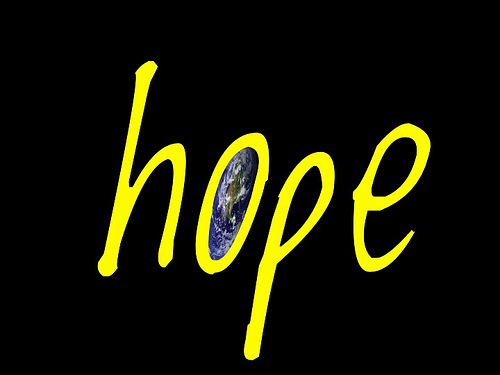
We now have the so-called “recovery model” in psychiatric services and it has to be said that it’s a huge leap in progress compared to years ago. Once upon a time you may have been chained to the wall, had your blood drained, stuck in an ice bath or had dubious holes drilled into your skull. Sounds more like punishment doesn’t it? Of course it was merely experimentalism and ignorance on the part of the medical profession but little was learned from these experiments.
Today, the rights of patients are taken much more into consideration and treatment is meant to be geared around social inclusion and coping skills. If psychiatric treatment is deemed to be hugely improved, why are there a growing number of people against what psychiatry stands for?
The Voices of Anti Psychiatry
Professional
| Profession
| Argument
|
|---|---|---|
Michel Foucault (1926-1984)
| Philosopher and historian
| Power and control issues
|
Erving Goffman (1922-1982
| Sociologist
| Institutionalization issues
|
R.D Laing (1927-1989)
| Psychiatrist
| Diagnosis and medical model issues
|
David Cooper (1931-1986)
| Psychiatrist
| Defining mental illness issues
|
Thomas Szasz (1920-2012)
| Psychiatrist
| Diagnosis, treatment and control issues
|
Peter Breggin
| Psychiatrist -current
| Medication issues
|
Six professional people appear to stand out as those who have been instrumental in bringing about strong arguments against the practice of psychiatry.
Note how four of the six people are psychiatrists? Imagine how it would feel to stand up against your entire profession and say your profession is flawed. These people stood to make many enemies and they would have been well aware of that fact, but they spoke out anyway. It takes a lot of courage coupled with hard facts and evidence to argue against an entire medical institution. Their issues are not surprising.
Facts About Being Sectioned
- Being sectioned (England)
Being sectioned (in England and Wales): informative and user-friendly information on being section under the Mental Health Act in England and Wales, produced by the Royal College of Psychiatrists
Power and Control
The accent on everything today appears to be on human rights. We have never had so many personal rights as we have now. Criminals even have some rights! If you are a mental health patient you do have rights generally speaking but there is still a concern that limits your rights.
If you do not have the mental capacity to agree to treatment, professionals can make that decision for you. You can hope that a family member, friend or other intervenes for you. If you are detained under the Mental Health Act and on a section 2,3, 36, 37, 38, 45A, 47 or 48, the law states that treatment can be given without consent. This excludes ECT treatment.
This remains a form of power and control. Once sectioned, on the surface of things, most of your personal rights fly out of the window.
Institutionalization
To an extent this has certainly improved. Long stay inpatient treatment is a thing of the past in the UK and focus is on community care wherever possible.
Mental Illness is not a Life Choice
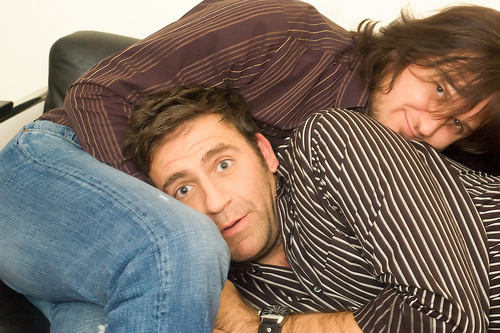
Diagnosis in Psychiatry
The arguments about labelling people using the diagnostic criteria as set down in the DSM (the Diagnostic and Statistical Manual for Mental Disorders), remain as strong today as they ever did. Classifying people as “mentally ill” for dubious character and behavioural traits is a very easy thing for psychiatrists to do…too easy. You would have to see the DSM for yourself to understand just how much some common behaviours can be interpreted as mental illness.
Being gay used to be a mental illness according to the DSM, but this has now been removed. That said, there is an increasing number of diagnostic labels given to what some perceive to be normal behaviour. On reading the DSM, it is as if the powers that be are actively looking to create more and more forms of mental illness. It is of great concern that children as well as adults are being tagged more easily too. Labelling in this fashion has a feel of social exclusion about it; something that today’s psychiatry is apparently opposed to...isn’t it?
Interestingly, psychologist David Rosenhan conducted an experiment in 1973 in which a number of people pretended to have auditory hallucinations to see if they could be admitted to twelve psychiatric hospitals. They were diagnosed with mental illness and admitted. Even when they told staff in hospital that they felt much better and were not having hallucinations, they were encouraged to admit to having a mental illness and to take their antipsychotic drugs.
Medicalizing Psychiatry
If we continue to be told that we can be genetically predisposed to some mental illnesses, and that chemical imbalances are at the core of the problems, we will always see psychiatry as being a medical model. Treating “mental illness” with medications that sometimes produce severe side effects is a growing concern, especially as more and more children are taking these medications. The fact of the matter is that they do not cure, they alleviate at best. I don’t want to get into the medication debate here apart from mentioning the book “Toxic Psychiatry” by Peter Breggin M.D. It is a very believable anti medication argument from Dr Breggin and there are an increasing number of books dealing with the same issue.
To remain a medical model, psychiatry and mental illnesses should be aptly based on scientific evidence. There seems to be rather a shortfall of such conclusive evidence to support the biological claims that are made. No psychiatrist can test you for each individual mental illness which I personally find rather alarming. In my opinion, psychiatry should be based on the holistic model.
A general practitioner is unlikely to treat you for a stomach ulcer on guesswork alone, even if you have the symptoms of one. If he suspects an ulcer, he will back up this hypothesis by sending you for investigative tests. Only when the test results come back and a diagnosis made on clear evidence, would you then receive the medication to treat the condition.
Anti Psychiatry Video
Defining Mental Illness
Taking a behaviour and being able to regard it as a mental illness, with all its social and possible lifelong implications, is all too easy to do. The arguments are based on what constitutes “mental illness”. Perhaps the term itself is bad enough? Many believe that people often behave differently by reaction to something traumatic in life. It may be childhood instigated or not but reacting emotionally and behaviourally to life’s challenges does not necessarily mean you have a “mental illness”. Sadly the DSM decides this and your doctor or psychiatrist is obliged to follow diagnostic criteria.
Not all Anti Psychiatry is About Scientology

Scientology and Psychiatry
Scientology has been closely linked to the anti psychiatric movement since Ron Hubbard (1911-1986) founded the Church of Scientology in 1952. His published work on dianetics was deemed to be another pseudoscience of psychiatry by many.
Dr Peter Breggin has been linked to scientology, which for the most part is a huge shame because most of his professional opinions make a lot of sense. Is it easier to try to link someone to scientology so that you don’t have to take them seriously? He believes some of the drugs used in psychiatry can cause the very symptoms that they are meant to treat! The drugs industry is a huge money making commodity, and it is not going to take kindly to anyone questioning mass used medications.
We know that a lot of our prescription medications are tested on animals. How can you tell if an animal such as a monkey feels less depressed? He can not tell you and you can’t read his mind. How can you tell if that animal had a mental illness in the first place? Perhaps he didn’t and is purely sedated and quiet after a medication trial (control?)
Interesting Anti Psychiatry Online Resources
Why Anti Psychiatry Fails
Most of this will be very obvious to you all. Even I don’t have to be an Einstein to see that majority rules. Those who are anti psychiatry are very much in the minority. Worst of all, the alternative solutions, if any, could never suit everyone involved. An alternative to what we have would have to suit those who write the DSM, the drug companies, the psychiatrists and most important of all, the service users. You would simply never please them all.
The diagnostic manual would have to be completely re-created and drug companies stand to lose a rather heft wedge of their income. Psychiatrists could actually become obsolete as their main role is to diagnose and prescribe medication.
Controversial Reading On Psychiatry
I have learned much about the "pseudo" side of psychiatry in the last few years and frankly am horrified by what I have learned. I also have had dealings with many psychiatric patients and know that 90% of them would change nothing in psychiatry. There is safety and security in what you know. Many patients have had a diagnosis almost all their lives and have taken psychiatric drugs for all that time too. Imagine the impact on such sufferers. Imagine being told for twenty years that you have had a personality disorder and then suddenly being told, “Sorry we got it wrong because you are reacting to life and you can throw away your pills”! It just wouldn’t work.
Sadly, we come to the reality of psychiatry; that of suffering and those who are close to sufferers. There is much fear and isolation for those suffering with a mental illness.
Asylums were built supposedly for the good of society; for the safety of both patients and public citizens. A form of control was deemed to be necessary and it seems that this still applies today because of ignorance and stigma. No one has come up with a feasible alternative to the so-called science of psychiatry as we know it. This is another reason why those who oppose psychiatry can only ever hope to make the smallest of changes.
I can hear those who have suffered for many years breathing a sigh of relief!

